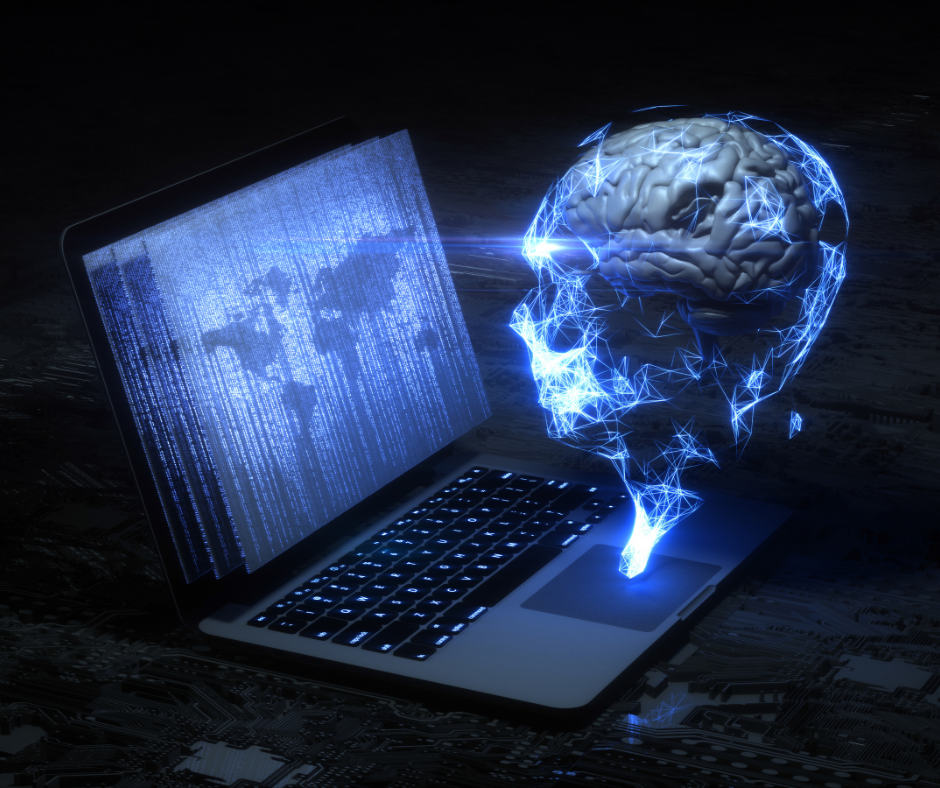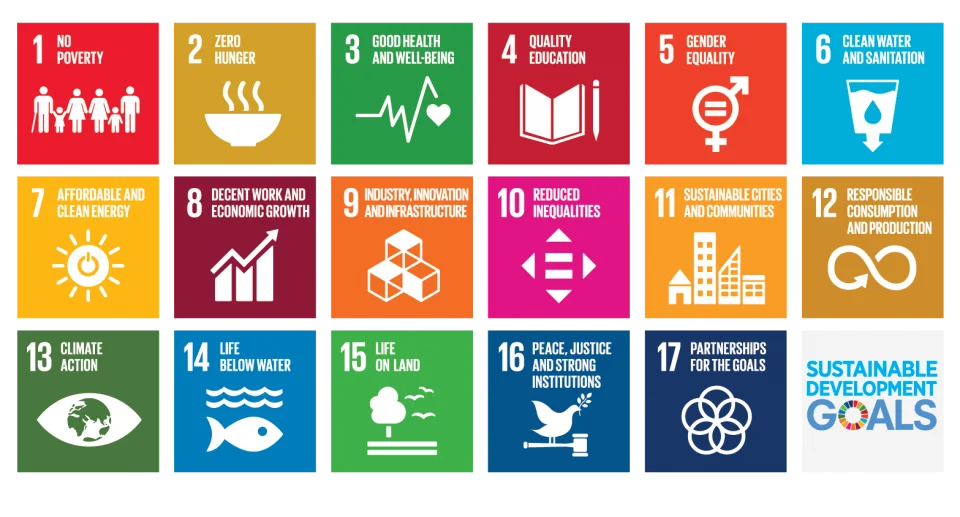A Defining Question for Our Time
We are standing at the crossroads of an extraordinary technological revolution. The question that echoes through boardrooms, classrooms, government chambers, and across industries worldwide is this:
Can Artificial Intelligence (AI) truly solve the pressing challenges of our future?
This isn’t just a topic for tech experts or futuristic thinkers. It’s a question every leader, educator, policymaker, entrepreneur, and citizen must grapple with—right now.
Because the future isn’t coming. It’s already here.
The Urgency: Why This Question Demands Immediate Attention
Climate change is accelerating. Global health systems are strained. Food security is under threat. Economies are transforming at lightning speed. Societies are more connected, but also more divided than ever.
And amid all this uncertainty, one force is rapidly rising in power and influence—Artificial Intelligence.
We cannot afford to be passive observers. We must be intentional, informed, and proactive about how we shape and direct AI to serve humanity’s greatest needs.
The time to act, to question, to plan, and to engage is now.
Understanding the True Power of AI
Artificial Intelligence is not just about robots or automation. It is about systems that can learn, adapt, and make decisions—with increasing speed and precision.
AI is already reshaping:
– Healthcare, through early diagnosis, predictive modeling, and personalized medicine.
– Education, with adaptive learning platforms and intelligent tutoring systems.
– Agriculture, via smart irrigation, crop monitoring, and yield prediction.
– Finance, through fraud detection, risk assessment, and algorithmic trading.
– Transportation, including autonomous vehicles and smart traffic systems.
But the real question is: Can AI go further? Can it help us solve the most complex, human, and existential challenges of our time?
AI and the Global Challenges We Face
1. Climate Crisis
AI can help model climate scenarios, optimize energy usage, and design smarter cities. But unless we act boldly, climate change will outpace even our most advanced algorithms.
2. Global Health
AI is already revolutionizing diagnostics and research. But can it ensure equitable access to care across rural and developing areas?
3. Hunger and Food Insecurity
AI can forecast harvests, reduce waste, and improve distribution. But can we create global systems that ensure no child goes hungry?
4. Conflict and Security
AI can detect threats, prevent cyberattacks, and assist in peacekeeping. But can it be trusted not to escalate warfare when placed in the wrong hands?
5. Misinformation and Trust
AI-generated content is flooding the internet. While it can detect fake news, can it help rebuild trust in a divided world?
These aren’t just technical challenges. They are moral, societal, and deeply human dilemmas.
AI Cannot Solve the Future Alone — We Must Lead It
Here’s the most important truth: AI is not a solution in itself. It is a tool.
And like all tools, its power depends on who controls it, how it’s used, and for what purpose.
We cannot afford to delegate our future to algorithms. We must lead with values, vision, and humanity.
AI needs human direction. It needs ethical boundaries. It needs inclusive governance. It needs leaders who are bold enough to ask the hard questions and courageous enough to act on the answers.
Call to Action: What Must Be Done NOW
1. Invest in Ethical AI Development
Governments, businesses, and organizations must prioritize transparency, accountability, and fairness in every AI system. Ethical AI is not a luxury—it’s a necessity.
2. Bridge the Global Digital Divide
AI must not become a privilege of the rich. We must ensure that AI benefits reach every corner of the world, especially those in underserved communities.
3. Educate the Masses, Not Just the Elites
We need a revolution in education. Every citizen should understand the basics of AI and its impact on society. AI literacy must be a global priority.
4. Foster Global Collaboration
AI challenges and opportunities are not confined to one nation. Solving future challenges requires global cooperation, not competition.
5. Align AI with Human Purpose
Ultimately, every AI solution must be designed to serve the greater good—not just efficiency, but equity. Not just speed, but sustainability.
Conclusion: The Future Is Being Written Now
So, can Artificial Intelligence solve future challenges?
Yes, it can. But only if we guide it with wisdom. Only if we act today. Only if we center humanity at the core of every AI decision we make.
This is not a time for fear, nor for blind optimism. This is a time for bold, informed leadership.
The world will not be shaped by technology alone—it will be shaped by the values, choices, and vision of those who lead it.
The revolution is not in AI. The revolution is in us.
Will you lead? Or will you watch?
Decide today—because the future is not waiting.






